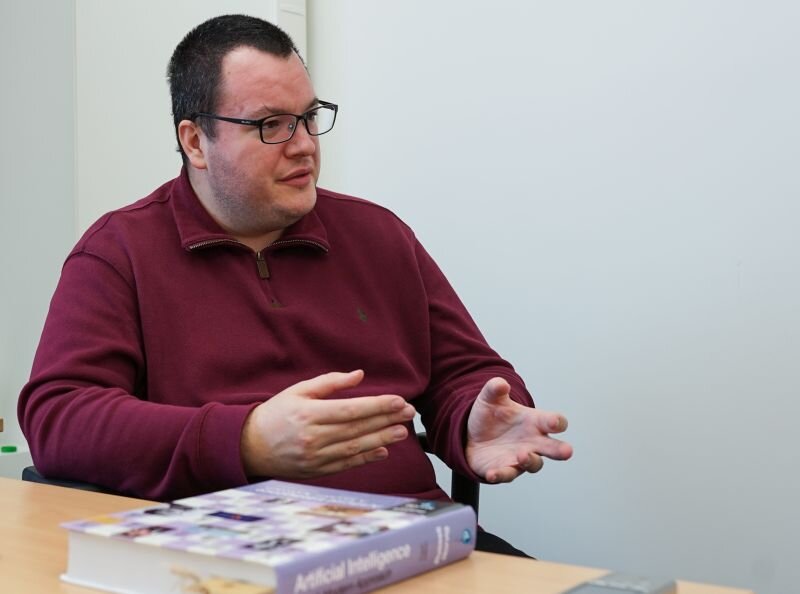
Deggendorf expertise in demand in the Bundestag
DIT Professor Glauner as expert on AI regulation in the Bundestag and the French National Assembly
6.5.2021 | THD-Pressestelle
The European Commission wants to create a uniform legal framework for Artificial Intelligence (AI) within the EU through its proposed regulation published in April 2021. To evaluate the proposal, the Committees for European Union Affairs of the German Bundestag and the French National Assembly held a joint meeting on 6 May. Prof Dr Patrick Glauner from the Deggendorf Institute of Technology (DIT) was invited as an expert.
“I explained to the MPs why, in my opinion, AI should not be regulated by its own legislation,” said Prof Glauner, who is also deputy head of the Bavarian regional group in the AI Feder Association. Today, safety-critical use cases are already covered by existing regulations, laws, standards and norms in almost all cases, Glauner continued: “The proposed regulation threatens overregulation, which would make the use or development of AI in the EU significantly more difficult or even impossible.” The DIT professor also called for a High-Tech Agenda Europe based on the High-Tech Agenda Bavaria. This would bring the added values of AI for citizen to more attention and take measures to increase competition. DIT President Prof Dr Peter Sperber proudly emphasises: “The fact that two national parliaments are interested in DIT’s AI expertise impressively proves that we are leading in the field of research and teaching on AI.” The new insights on AI regulation from the committee meeting would also be directly incorporated into teaching at DIT. Prof Glauner’s full written statement is freely available at www.glauner.info/expert-evidence. If you have any questions about the potential impact of the planned EU-wide AI regulation, Prof Glauner is also available as a direct contact at patrick.glauner@th-deg.de or +49 991 3615 453.
Bild (DIT): Prof Patrick Glauner talking about the EU Commission’s proposed regulation on AI.